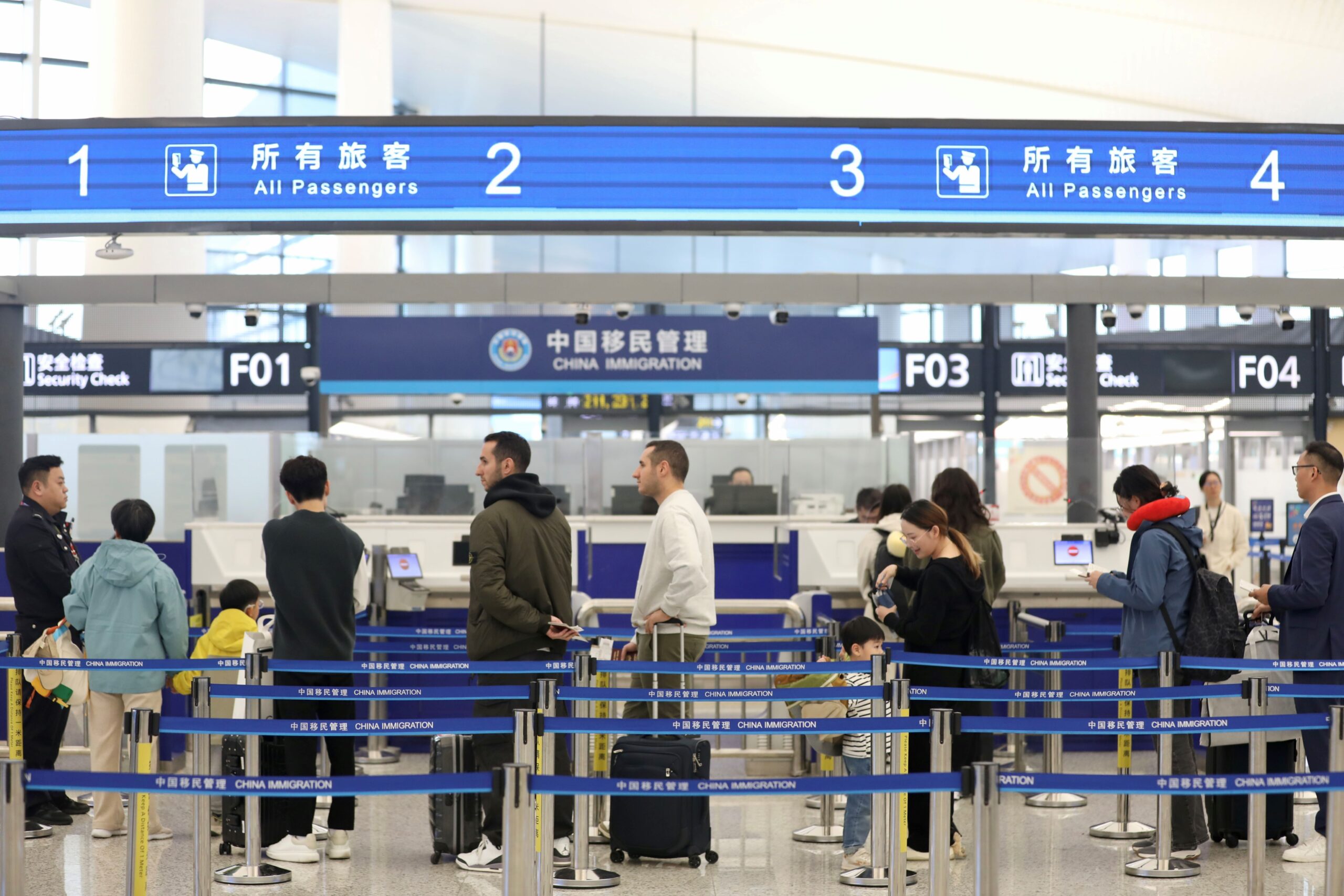The Ningbo-Zhoushan Port launched its first China-Europe Arctic container express route on September 22, marking the first time the port has extended a route to the Arctic Ocean.
18 Days Shipment
The new service is a container route that passes through the Arctic, specifically developed for cross-border e-commerce and high-value goods.
The new route crosses directly to Europe via the Northeast Arctic passage, slashing the transit time from Zhoushan Port of Zhejiang to Britain’s Felixstowe Port to just 18 days. This is significantly faster than the China-Europe freight train (about 25 days), the Suez Canal route (about 40 days), and the Cape of Good Hope route (about 50 days).
The route links major Chinese ports, including Ningbo, Shanghai, Qingdao, and Dalian on one end, and key European ports such as Felixstowe, Rotterdam in the Netherlands, Hamburg in Germany, and Gdańsk in Poland on the other.
The container ship is set to reach Felixstowe on Oct. 10. The shipment includes a mix of goods such as daily necessities, clothing, spare machinery parts, as well as high-value items like energy storage cabinets and power batteries. Once in Felixstowe, these goods will be distributed across Europe.
XxjpsgC007392_20241230_PEPFN0A001.jpg)
According to Ningbo Customs, the EU is currently the largest trading partner of Ningbo Port. In the first eight months of this year, the total value of imports and exports between Ningbo Port and the EU reached 330.74 billion yuan, a year-on-year increase of 12 per cent, accounting for about 18 per cent of Ningbo Port’s total foreign trade.
High Efficiency, Low Risk
When talking about the advantage of this express compared with traditional routes, Li Xiaobin, Chief Operating Officer of Sea Legend, said that the China-Europe Arctic Express Route is shorter in distance and highly efficient. It will significantly improve timeliness, reduce costs and enhance the speed of logistics supply chains.
The route also offers a relatively safe geopolitical environment. “The regions it passes through are politically and economically stable, which reduces risks. This enhances the safety of shipping fleets, opens up the Ice Silk Road, and secures the third corridor of the China-Europe supply chain,” explained Li.
What’s more, the China-Europe Arctic Express route helps reduce the need for gauge changes on the Europe-bound land railways, cutting train dwell times and thereby improving economic efficiency, Jian Junbo, director of the Centre for China-Europe Relations at Fudan University’s Institute of International Studies, said.
Written by Gu Yetao, additional reporting by Xinhua, Global Times and China Daily.
If you liked this article, why not read: Cooperation and Integration: Both China and EU Auto Industry See Benefits

XxjpsgC007390_20241230_PEPFN0A001.jpg)









